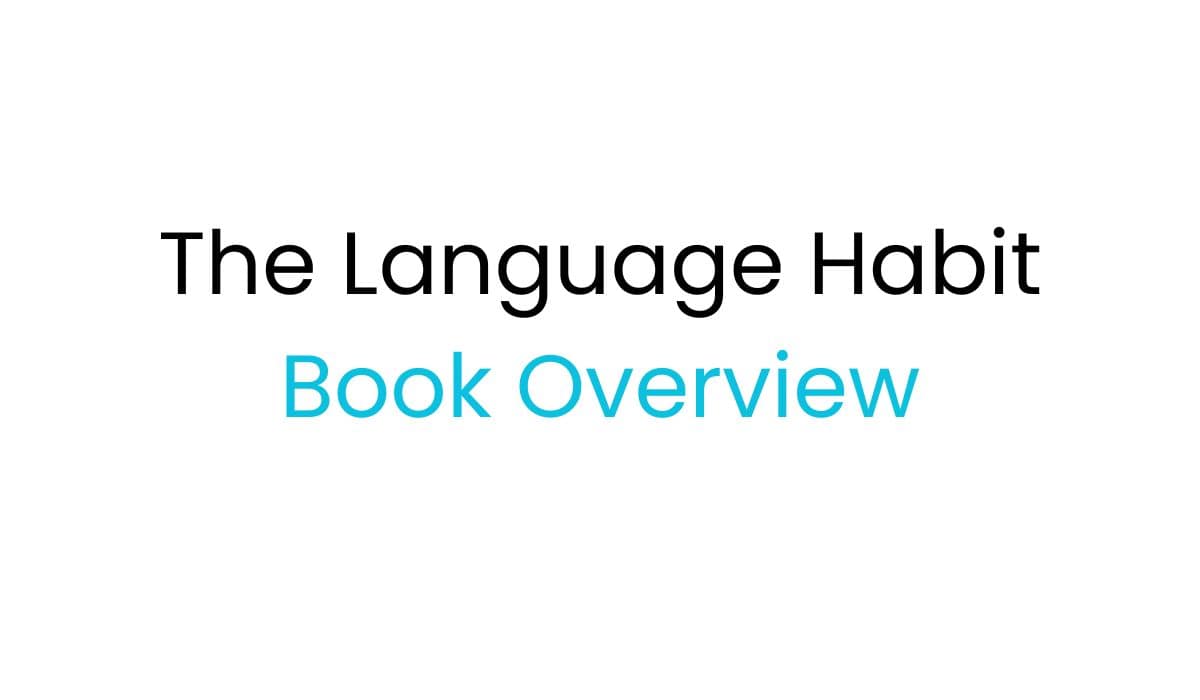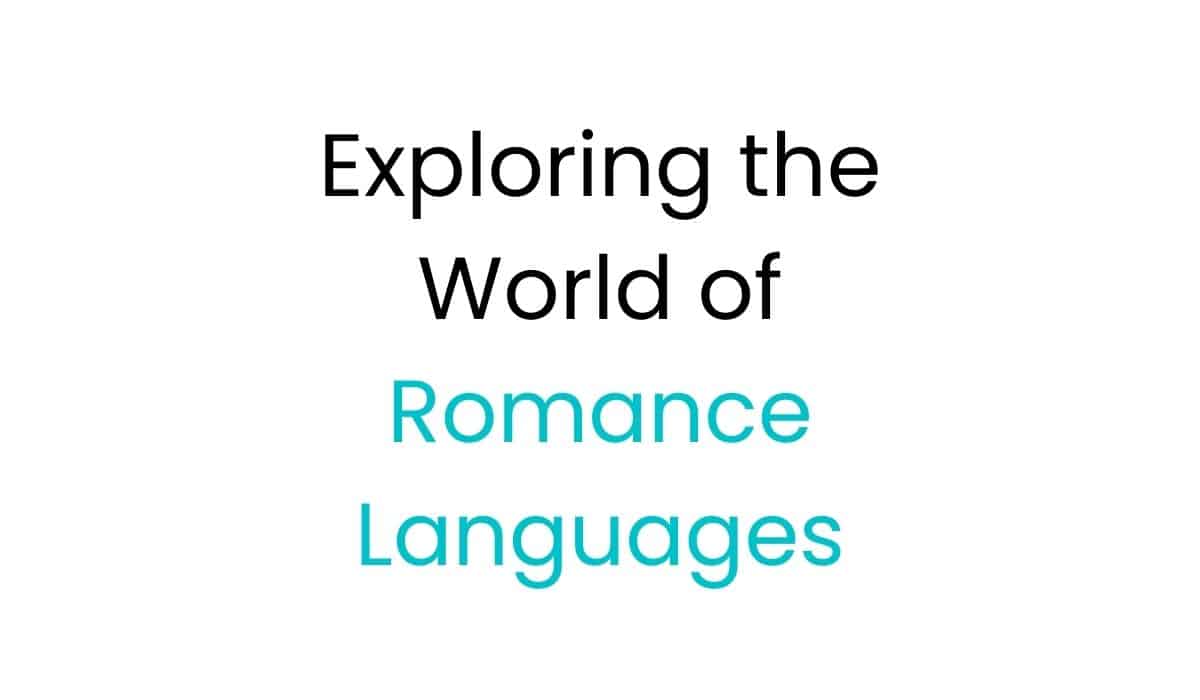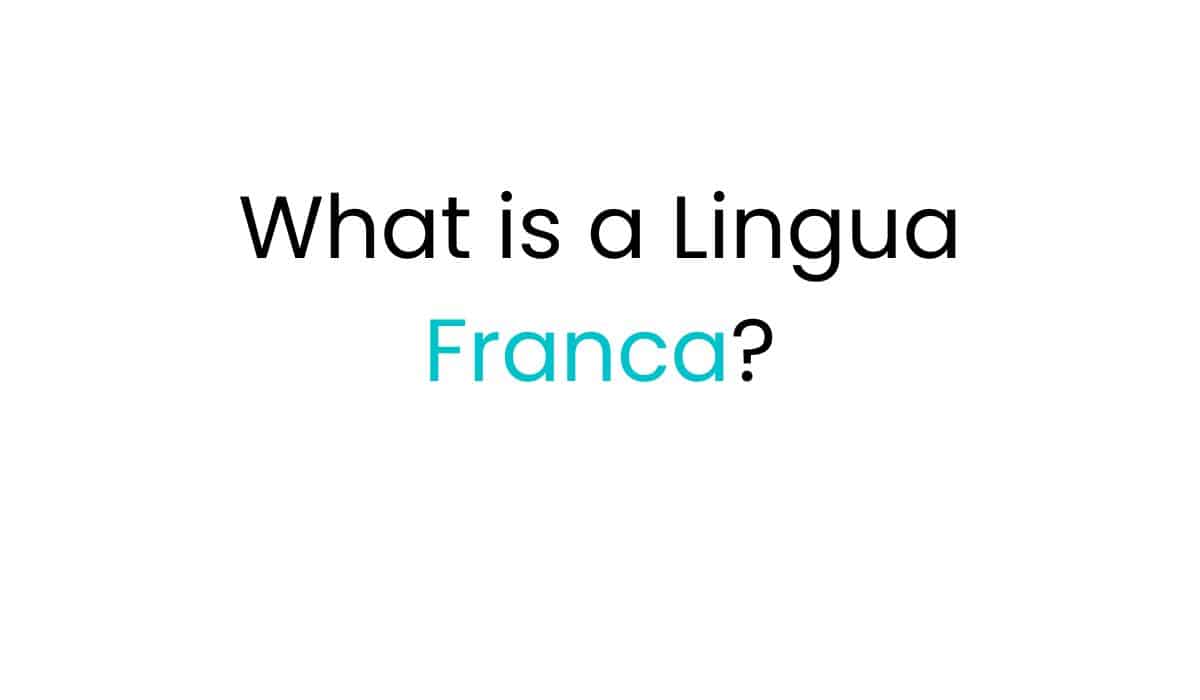Language learning is more than just memorizing vocabulary or drilling grammar rules—it’s about creating habits that lead to fluency. In my book, The Language Habit: Your Path to Fluency, I explore how establishing effective habits can transform the way you approach language learning, making it not only achievable but also enjoyable. But don’t worry, I won’t spoil everything in this blog post—I’ll just give you a taste of what’s inside.

Why Focus on Habits?
When we think about learning a new language, it’s easy to get overwhelmed by the sheer volume of material out there. From textbooks to apps, podcasts to immersion programs, the options are endless. But here’s the thing: all the resources in the world won’t help if you don’t have the right habits in place. That’s where The Language Habit comes in.
This book isn’t about prescribing a one-size-fits-all method. Instead, it’s about helping you find a system that works for you, and that you can stick with. Why? Because consistency is key. By turning language learning into a habit, you ensure that it becomes a part of your daily life, just like brushing your teeth or drinking your morning coffee. And just like with any habit, the more you practice, the easier it becomes.
A Fresh Perspective on Language Learning
One of the unique aspects of The Language Habit is its emphasis on practical, everyday strategies that fit into your busy life. Let’s be real—most of us don’t have hours each day to dedicate to language study. That’s why this book is all about making the most of the time you do have. Whether it’s during your morning commute, while doing household chores, or even at the gym, there are countless opportunities to sneak in some language practice.
In one chapter, for example, I discuss how you can turn your daily chores into mini-language lessons. Imagine listening to a podcast in your target language while washing dishes or folding laundry. Not only are you making the most of your time, but you’re also getting exposure to real-life language use. And if you’re worried about passive listening, don’t be. The book explains how even passive input can be incredibly valuable in building your language skills.
The Social Side of Language Learning
Language isn’t just something you learn—it’s something you use. That’s why The Language Habit also emphasizes the social side of language learning. Whether you’re finding a language buddy, joining a language community, or even teaching what you’ve learned, social interaction is a crucial component of mastering a new language.
And here’s the best part: you don’t need to be in a classroom to benefit from these social interactions. In fact, some of the most effective language learning happens in informal settings. The book provides tips on how to find language partners and communities, both online and in person, so you can start practicing right away. And trust me, these interactions can be a lot of fun—even if they sometimes lead to hilarious misunderstandings (which, by the way, are also great learning opportunities).
Technology: A Powerful Ally, Not a Crutch
In today’s digital age, it’s impossible to ignore the role of technology in language learning. Apps, online courses, and language exchange platforms have made it easier than ever to access resources in your target language. But as helpful as these tools can be, The Language Habit reminds us that they should be used to complement, not replace, real-world practice.
One of the book’s key messages is the importance of balancing screen time with actual human interaction. Sure, an app can help you build vocabulary and reinforce grammar rules, but it can’t replicate the experience of a face-to-face conversation. The book offers practical advice on how to strike this balance, ensuring that technology enhances your learning without becoming a crutch.
Staying Motivated for the Long Haul
Let’s face it: language learning is a marathon, not a sprint. There will be days when you’re super motivated, and days when you’d rather do anything but study. The Language Habit addresses this reality head-on, offering strategies to keep you motivated even when the going gets tough.
One of the ways to stay engaged is by keeping your routine fresh. The book is packed with ideas on how to mix up your language practice, whether it’s through new activities, materials, or even by immersing yourself in the culture of your target language. And remember, the goal isn’t perfection—it’s progress. By focusing on small, consistent improvements, you’ll be amazed at how far you can go.
A Book for Everyone
Whether you’re just starting out or you’ve been learning a language for years, The Language Habit has something for you. The book is designed to be accessible to learners of all levels, offering practical tips and insights that can be applied at any stage of your language journey. And while the book covers a lot of ground, it’s presented in a way that’s easy to digest, with plenty of humor and real-life examples to keep things interesting.
In essence, The Language Habit is about making language learning a part of your daily life—something you do because you enjoy it, not because you have to. It’s about finding your rhythm, staying motivated, and most importantly, having fun with the process. After all, language is meant to connect us, not stress us out.
Ready to Start Your Language Habit?
If you’re ready to take your language learning to the next level, then The Language Habit: Your Path to Fluency is the perfect guide to help you get there. Whether you’re looking to build a routine, connect with others, or make the most of modern technology, this book has the tools you need to succeed.
So why wait? Start your language habit today, and watch as your fluency grows. With The Language Habit by your side, you’ll have everything you need to turn your language goals into reality. And who knows? You might even find yourself enjoying the journey as much as the destination.
Unlock Your Path to Fluency!
Enter your best email below to receive an exclusive, free copy of my book, The Language Habit: Your Path to Fluency. Learn the proven strategies and daily habits that will transform your language-learning journey. Don’t miss out—get your free book now!
Oualid Cheddadi is the founder of Lingualid, a platform that inspires independent language learners worldwide, regardless of the language they are learning. The name “Lingualid” is derived from the Portuguese word for “language,” “língua,” and the last three letters of Oualid’s name, “Lid.”



